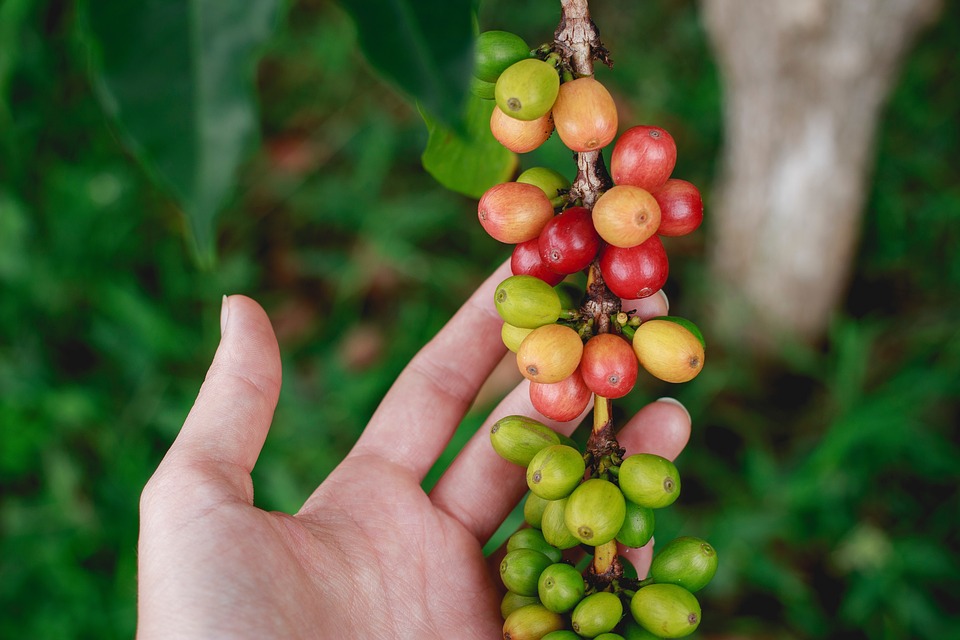Our extensive food supply chain stretches around the globe, making it tricky to regulate and monitor food products. But technology continues to evolve to help the food industry keep supply chains transparent and food products safe.
Here are 3 innovative technologies that have the potential to change the food industry for the better.
Food supply chain tech meets the coffee industry
Blockchain continues to make the news, as more industries adopt the “carved-in-stone” shared ledger system. Not only does blockchain provide critical transparency within the food supply chain, it also helps meet the consumer demand for understanding the origin and journey of food.
And that includes the coffee industry. As the mega-billion-dollar industry continues to grow, and companies compete to source better beans, they’re also looking for ways to attract consumers to their product. Enter blockchain for telling the coffee bean story.
A Denver-based coffee company is bringing consumers up close to the beans by offering their customers a cloud-based view of their coffee’s origin, shipping dates and ports of call. Additionally, the company responsible for the technology is integrating artificial intelligence and IoT features into the software.
This speeds up the supply chain process. For example, a machine scans individual coffee berries in the field, recording their size and weight. This information enters the blockchain, creating an immediate and transparent information source.
For a bigger picture of how the tech works, here’s the bext306 company’s video:
Fighting food fraud at the DNA level
As the food industry seeks greater transparency along the supply chain, another technology is helping combat food tampering and fraud.
Due to the long, often complex, journey foods must take, supplies (and ultimately consumers) are more vulnerable to mis-identified products and criminal food activities.
Researchers, though, are doubling down — to a genetic level — to better track foods and help weed out counterfeit products. They’re developing a genetic “barcode” that will identify the authenticity of a product by the food’s DNA.
Typically, imported products such as plant-based foods, are checked under a microscope. But this method is not efficient for certain foods (e.g. powdered seeds). With the DNA barcode, though, inspectors can see the food’s genetic “fingerprint,” allowing them to weed out any imposters.
Detecting harmful microbes with “glowing” sensors
Along with preventing food fraud, technology can play a crucial role in identifying spoiled and contaminated products. This is important, as food recalls continue to make the news.
While preventive measures help keep food safe — from the field to processing plant to supermarket shelves — harmful microbes can still be hard to identify.
Scientists, though, are developing a high-tech plastic film to help protect consumers from food poisoning. In fact, if food contains harmful bacteria, such as E. Coli, sensors in the plastic will “glow,” indicating contamination. If this technology goes into full production, consumers will either scan the items in the store or simply download an app to their phone to determine a product’s safety.
Meeting the growing food demand
From farm to market, technology enables greater food access around the world. And as populations grow, the demand on food production will increase. So, keeping our food supply efficient and safe will require ongoing diligence and advanced safety measures. But with streamlined, smart and sophisticated technology in the works, the food industry will continue to improve and change for the better.
What are your thoughts on these new technologies? We’d love to hear your opinion on how they’ll change the food industry. Please feel free to leave a comment below.
At Ingredient Exchange, we help customers improve and grow their business by taking care of their unwanted ingredients. Need to get rid of off-spec product? We can find the right market for your downgraded ingredients — for cash. Get in touch!



